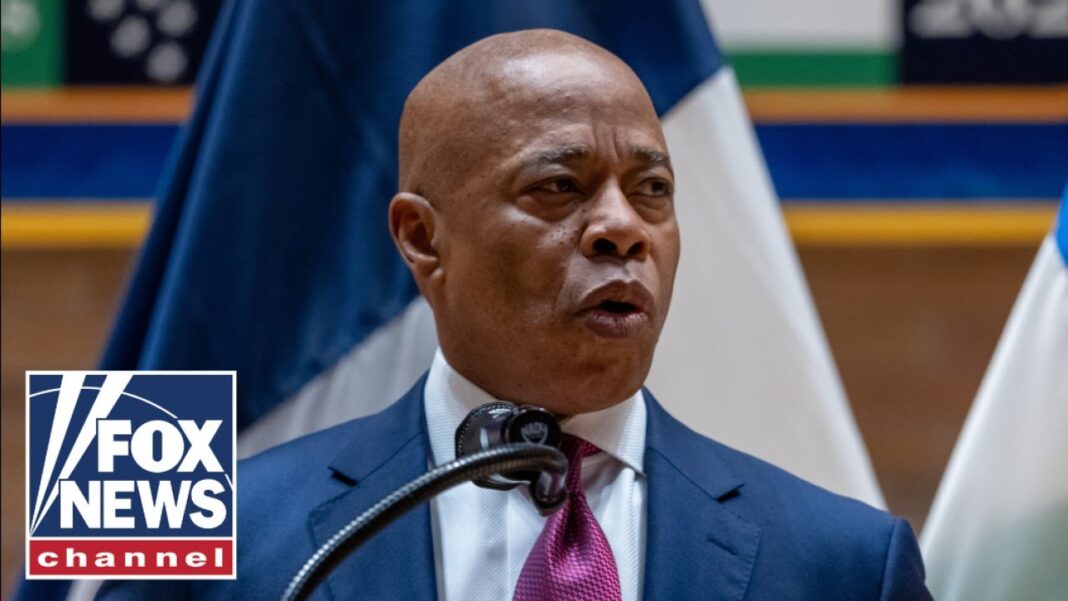Bolstered by the 2024 election, proponents of Judeo-Christian context in school curricula expect more movement next year.
In Pennsylvania public schools, employees can wear religious clothing, but the words “In God We Trust” are forbidden on walls, doors, and desks.
Likewise, America’s motto and the Ten Commandments are prohibited on public school property in West Virginia, and teachers in the Mountain State can only respond to questions about how the universe and life came to exist if the answers are scientific theories and not religious.
The Nebraska State Legislature defeated a bill that would have allowed students to take elective courses on religion in classes held outside of school grounds.
Indiana, by contrast, passed a law directing school principals to accommodate periods of off-campus religious instruction.
And in Washington, D.C., there’s pending legislation for a “collective community of faith” curriculum that states Christian, Muslim, Jewish, Hindu, Sikh, Buddhist, and other religions helped shape American history.
Those are just a handful of bills regarding religion in school that states have debated within the past two years. The flurry of legislation for and against religion in education is expected to intensify under President-elect Donald Trump, who has advocated First Amendment rights in schools.
Wins for Religious Expression
The recent election outcome “actually gives religion, in general, a lot more standing in schools,” Greg Kmetz, a Republican representative in the Montana state Legislature, told The Epoch Times. “I feel there’s a momentum swing.”
Kmetz introduced two bills that were signed into law before the 2023–24 academic year. The first protects religious expression for students and teachers. The second allows students to bring the Bible or any other religious books to school for free reading periods or to use for self-selected reading requirements. Neither has been challenged.
He drafted the laws after learning that a high school student privately sought moral guidance from a teacher. Kmetz applauded the teacher for helping a child but also feared that there would be no protection in place if any person or organization accused school employees of violating the separation of church and state provisions.









